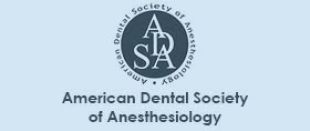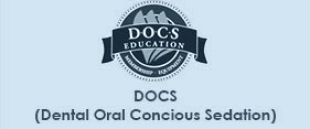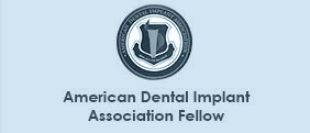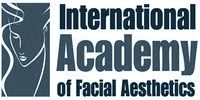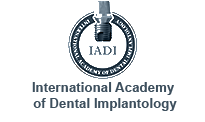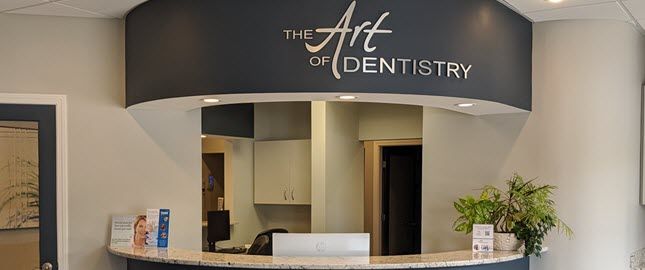






Achieving quality dentistry for life
Infection Control
This information is provided to inform you about the measures we have taken in our office to reduce the chances of cross-contamination of disease from patient to patient. We offer a latex free environment as well as numerous areas of prevention you may not have seen before.
Included among them are:
Facemasks ~ All our clinical personnel wear facemasks during active patient care. These physical barriers assist in reducing the spread of organisms from person to person.
Gloves ~ Non-latex gloves are worn for every patient. Gloves assure non-contamination from other patients.
Disinfection of Counters and Other Surfaces ~ You may notice a mild chemical odor associated with wiping surfaces. These chemicals are necessary to disinfect surfaces that are touched during patient treatment.
Items Attached to Dental Operating ~ Handpieces, air and water blowers, suction equipment, etc. are sterilized by a combination of heat and chemicals.
Barriers ~ Plastic barriers are placed on chairs, switches, drawer handles, etc. for each new patient.
Instruments ~ All metal instruments placed in your mouth have been sterilized by a combination of heat and chemicals.
We assure you that every precaution is being taken to avoid any cross-contamination from patient to patient. We welcome your suggestions.
Facts about AIDS & Infection Control ~
With all the much publicized AIDS, it’s understandable that you might have some concerns about visiting a dental practice. The question, “Is there a risk that you could be infected with the AIDS virus during a dental visit?” The leading national authority, the Centers for Disease Control, says that risk is extremely remote. To put things in perspective, the risk is much greater of dying from an adverse reaction to penicillin than of acquiring AIDS through dental treatment. There is far greater risk driving to the dental office than receiving dental care.
Since 1981 when the AIDS epidemic first appeared, billions of dental procedures have been performed safely. There are many rigorous precautions dentists take to protect you from all infectious diseases, including AIDS.
We take measures to protect your health as outlined in infection control but will always welcome your questions about AIDS and our infection control procedures. We want you to be comfortable knowing that we are using all the steps necessary to assure your dental visit is a safe one; therefore, we hope the following information will answer any questions you may have about safety in our dental office.
The AIDS Virus ~
The virus that causes AIDS is known as the human immunodeficiency virus or HIV. We do know that this virus is less infectious than others, such as the virus for Hepatitis B, for which precautions have been taken for years. The HIV virus is readily destroyed by disinfection and sterilization measures that we regularly use to control the spread of any infection.
Universal Precautions ~
To protect your health, we meet and exceed to what are called “universal precautions.” That means we use the same protective measures set by the government and the American Dental Association (ADA) with each patient to prevent transmission of the virus that causes AIDS or any other infectious disease. These universal precautions include:
- Wearing gloves, masks, and protective eyewear for all patient treatment
- Washing hands before and after each treatment and changing gloves after each patient
- Sterilizing or disinfecting dental instruments after each use
- Cleaning and disinfecting the surfaces in the treatment room and equipment after each patient
- Disposing of needles and other sharp items in specially designed containers
- Properly disposing of waste items and contaminated materials
Some of these precautions are readily visible to you during a dental visit. You’ll be able to note the general cleanliness of the office, the use of masks and gloves, special waste containers, and our frequent hand washing. Other precautions, such as sterilization and disinfection, are performed before your visit.
Sterilization and Disinfection ~
Dental offices use various methods to sterilize and disinfect in order to kill bacteria and viruses. Our staff is well trained in these procedures and their appropriate use.
There are several acceptable methods for the sterilization of instruments. Other instruments that cannot be heated are scrubbed clean and then sterilized or disinfected in chemical solutions. These various methods of sterilization kill the AIDS virus and all other microscopic organisms capable of causing diseases.
We use disinfection procedures of surfaces and equipment that cannot be removed for cleaning and sterilization such as countertops, drawer handles, X-ray unit heads, and light handles. A chemical agent, registered with the Environmental Protection Agency as a hospital disinfectant, is used in our dental office. Disinfection is accomplished in the treatment room between patients to assure that the operatory is absolutely clean and sterile for each patient.
The use of disposable items is yet another way we maintain a clean and safe office. Many dental materials such as gloves, masks, wipes, paper drapes, needles, and scalpel blades are used only once and then disposed of properly.
Testing for HIV ~
While testing health care workers to determine their HIV status sounds like an easy solution, it really does nothing to protect the patient. Only a positive test has any significance; a negative test provides no assurance that a person is not actually infected with the HIV virus and infectious to others. This is due to the fact that the test relies on the presence of antibodies, which can take as long as six months to develop after a person is infected. Testing simply does not tell you a person’s HIV status today or what might happen next week. The best way to deal with AIDS is through the use of proper preventative measures and ongoing public education about the disease.
Your Health is Our Concern ~
We hope that this information has addressed some of the questions you may have. If you have other concerns, please feel free to bring them to our attention. We want you to be assured that you are receiving the very best and safest dental care we can provide. Please remember that your health is our number one concern.






